Le Qi is a graduate student in the Morrison lab and a Howard Hughes Medical Institute International Predoctoral Student Research Fellow. In CRI, he is studying the metabolism of blood-forming stem cells to find new ways to increase the effectiveness of bone marrow transplants.
What are you researching?
I study the metabolism of blood-forming stem cells and how metabolites, the small molecules involved in cellular metabolism, affect their functions. Historically, basic metabolic processes were considered passive housekeeping functions necessary for maintaining cell survival and growth, but more recent studies suggest that metabolites could play an active role in governing cell fate.
Measuring metabolites in rare cell populations such as stem cells have traditionally been difficult to do, but by using a newly developed technique in our lab, I have been able to quantify nutrients important for basic metabolic processes in blood-forming stem cells that are distinct from other cell types. Currently, I am working to determine how changes in the availability of these different nutrients can affect stem cells and other mature blood cells in mice. I have already found that supplementing aspartic acid to blood-forming stem cells promoted their regenerative capacity. The next step is to understand why this occurs and to identify more potential metabolites to study. I am hopeful my findings could have applications in the clinical setting where small adjustments to the culture conditions of blood-forming stem cells could be made before transplantation to significantly improve the therapeutic efficacy of bone marrow transplants.
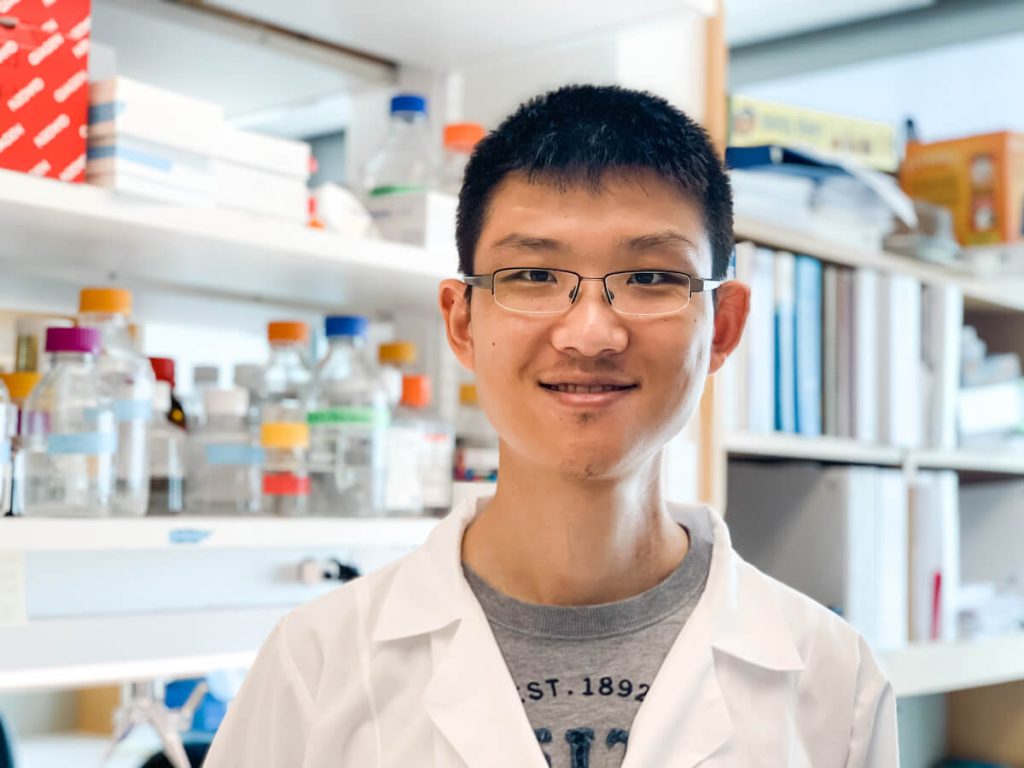
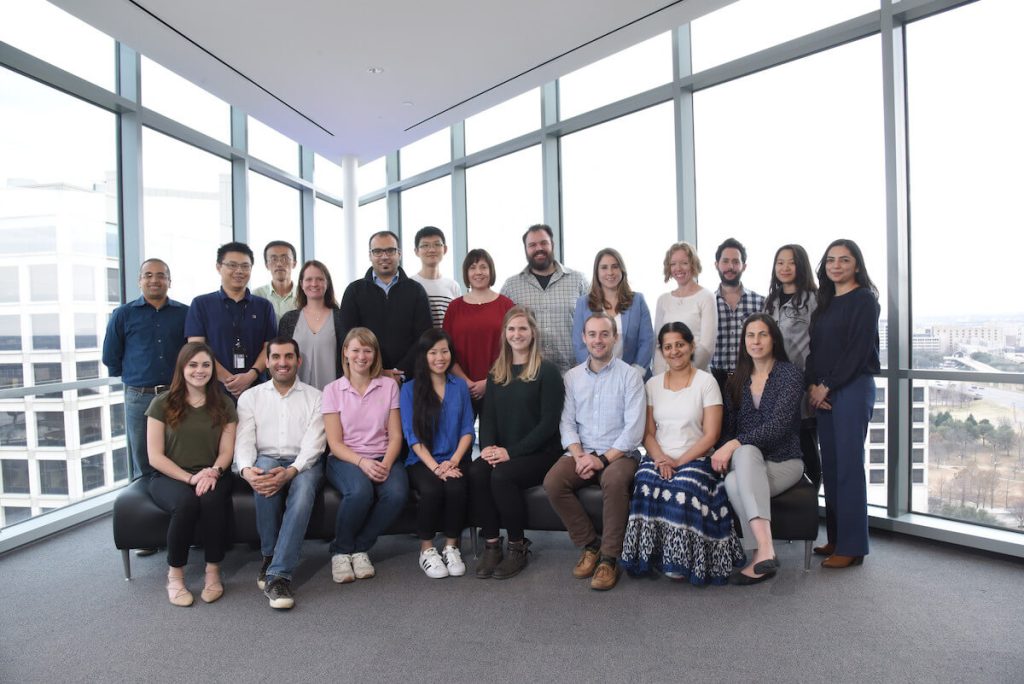
How did you end up in CRI?
I was attracted to the Morrison lab because of the high-impact papers being published, the collaborative environment I experienced during my rotation, and my passion for the type of research being conducted. Since joining seven years ago, I’ve seen CRI grow significantly as new researchers were recruited ,and our core facilities have expanded beyond flow cytometry to include mouse engineering, sequencing, and metabolomics. Having so many core facilities in CRI has dramatically accelerated my research.
What’s your favorite spot in CRI?
My favorite spot is the small seminar room where we have our weekly lab meetings. A fun yet vital part of science is the exchanging of ideas. Even though COVID-19 has forced us to meet online now, our lab meetings continue to be full of exciting ideas, new data, and thoughtful debates about what our work means for the field. These meetings are also where I get the most constructive suggestions about my project when I present.
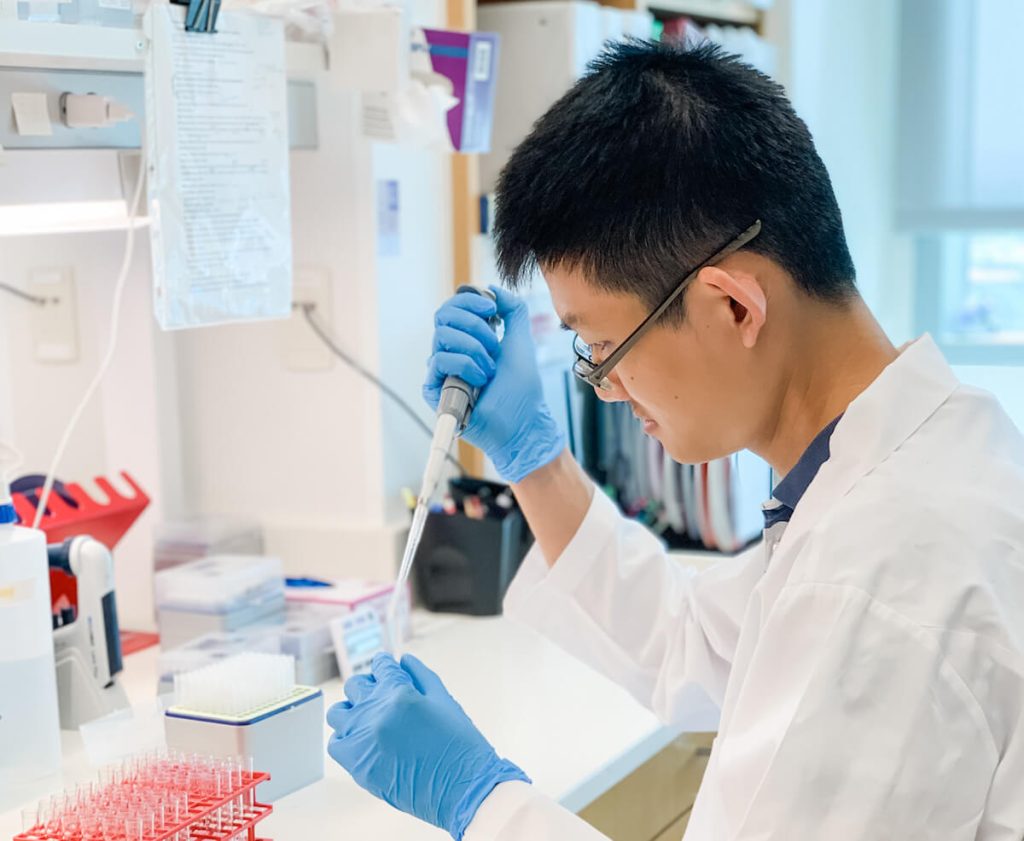
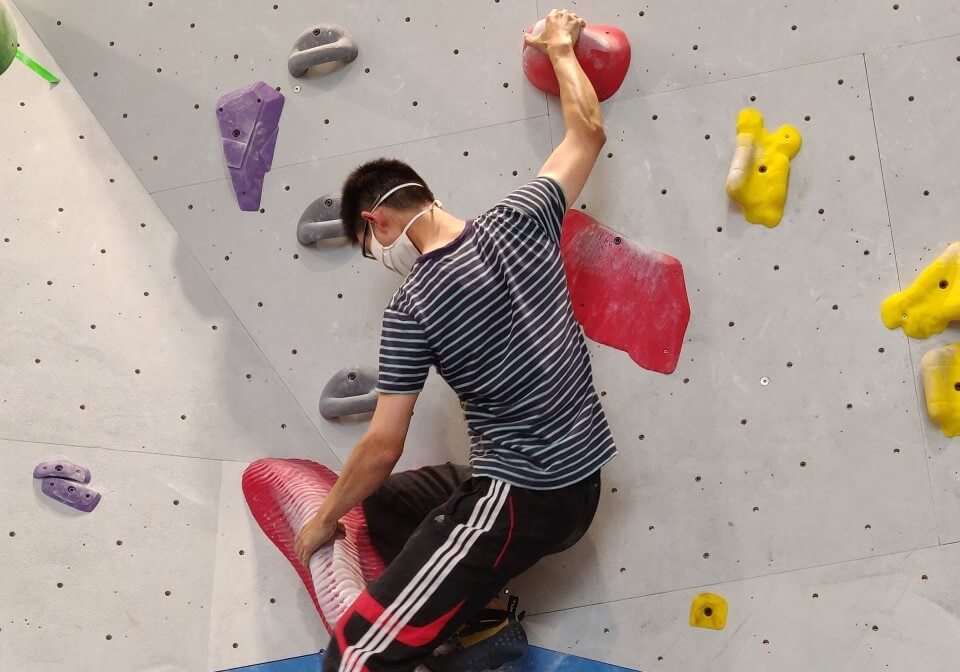
What is your favorite stress-reduction technique for when things go wrong in the lab?
I like to go indoor climbing for stress relief. In many ways, climbing is very similar to research. There is a goal to achieve, and careful planning is required to get there. The difference is that for climbing the goal is very clear, and progress can be felt instantly. This helps me to get a sense of achievement and motivates me to try harder in the lab the next day.
What is the hardest part of grad school?
The hardest part of grad school is probably the uncertainty. Doing research is intrinsically full of risk since we are always exploring unknown territories. Unlike more experienced postdoc trainees, graduate students are navigating problems and learning new techniques needed for our experiments for the first time. Luckily, I’ve been able to receive a tremendous amount of help along the way from Sean and other postdocs working in the lab.
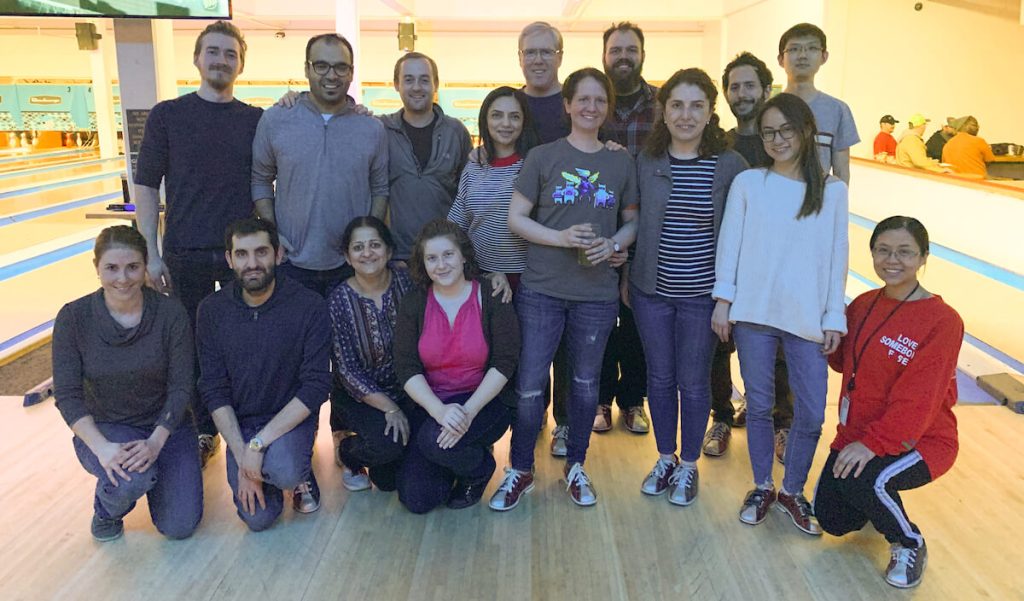
© 2025 Children’s Research Institute Dallas Texas | Privacy | Site Policies